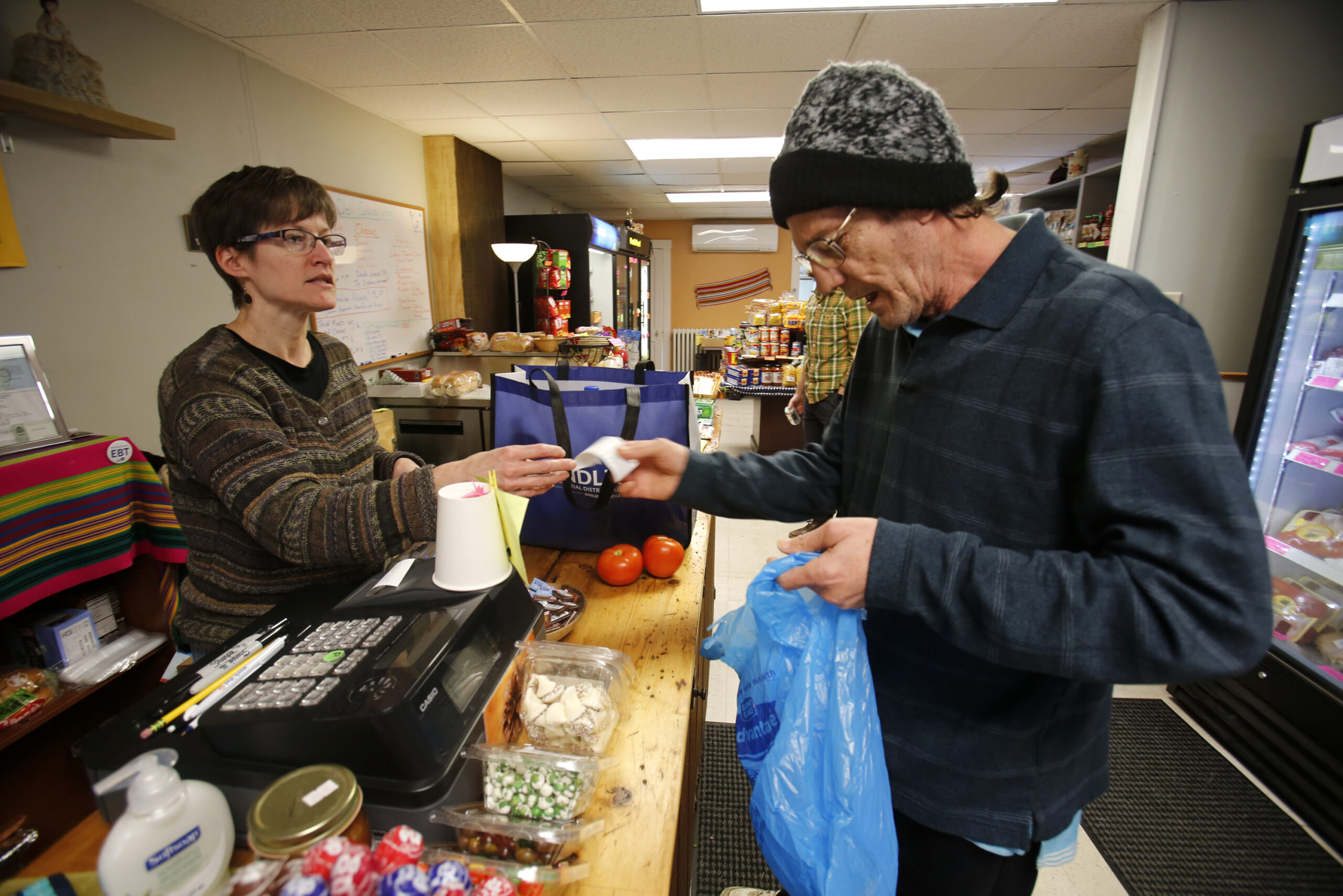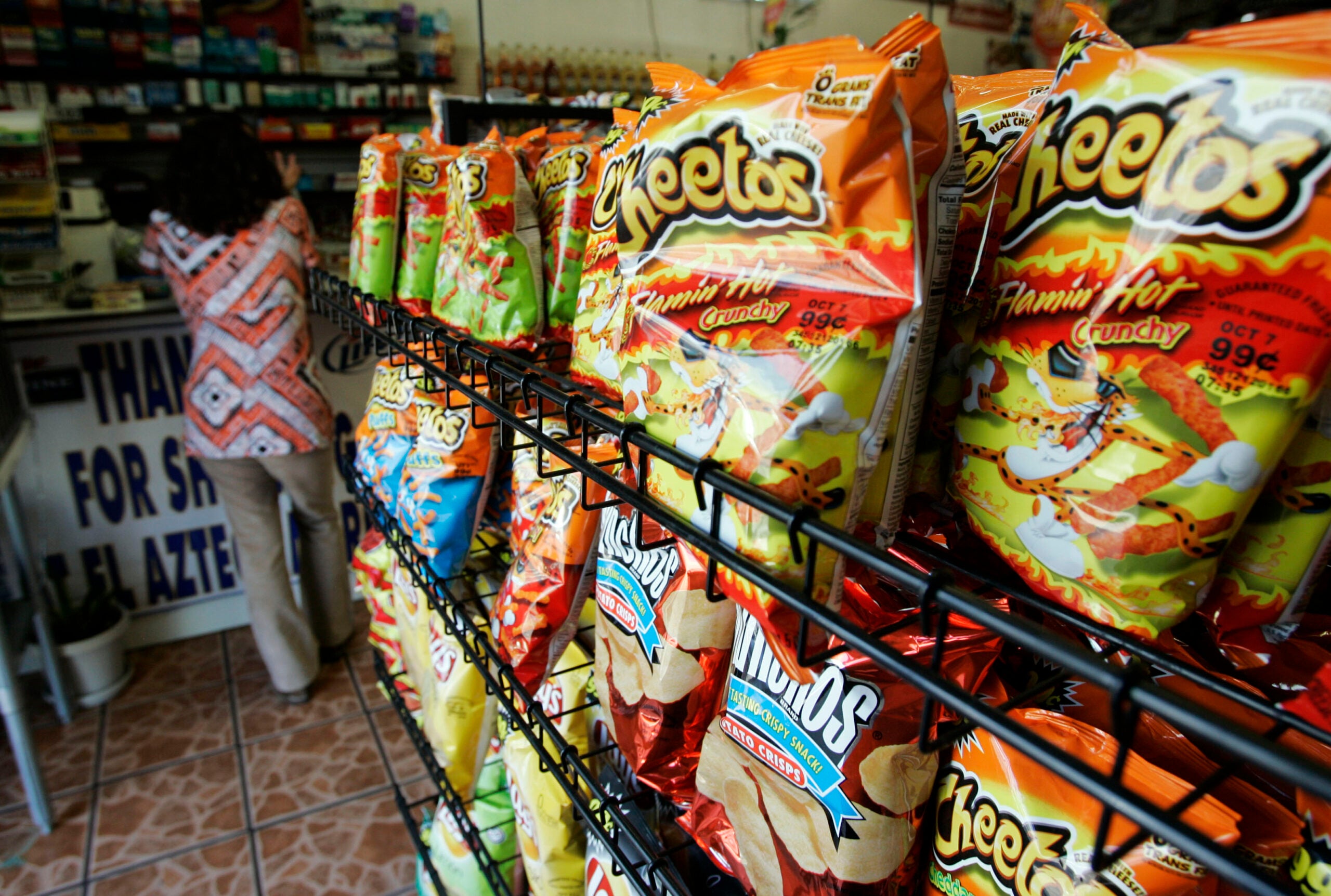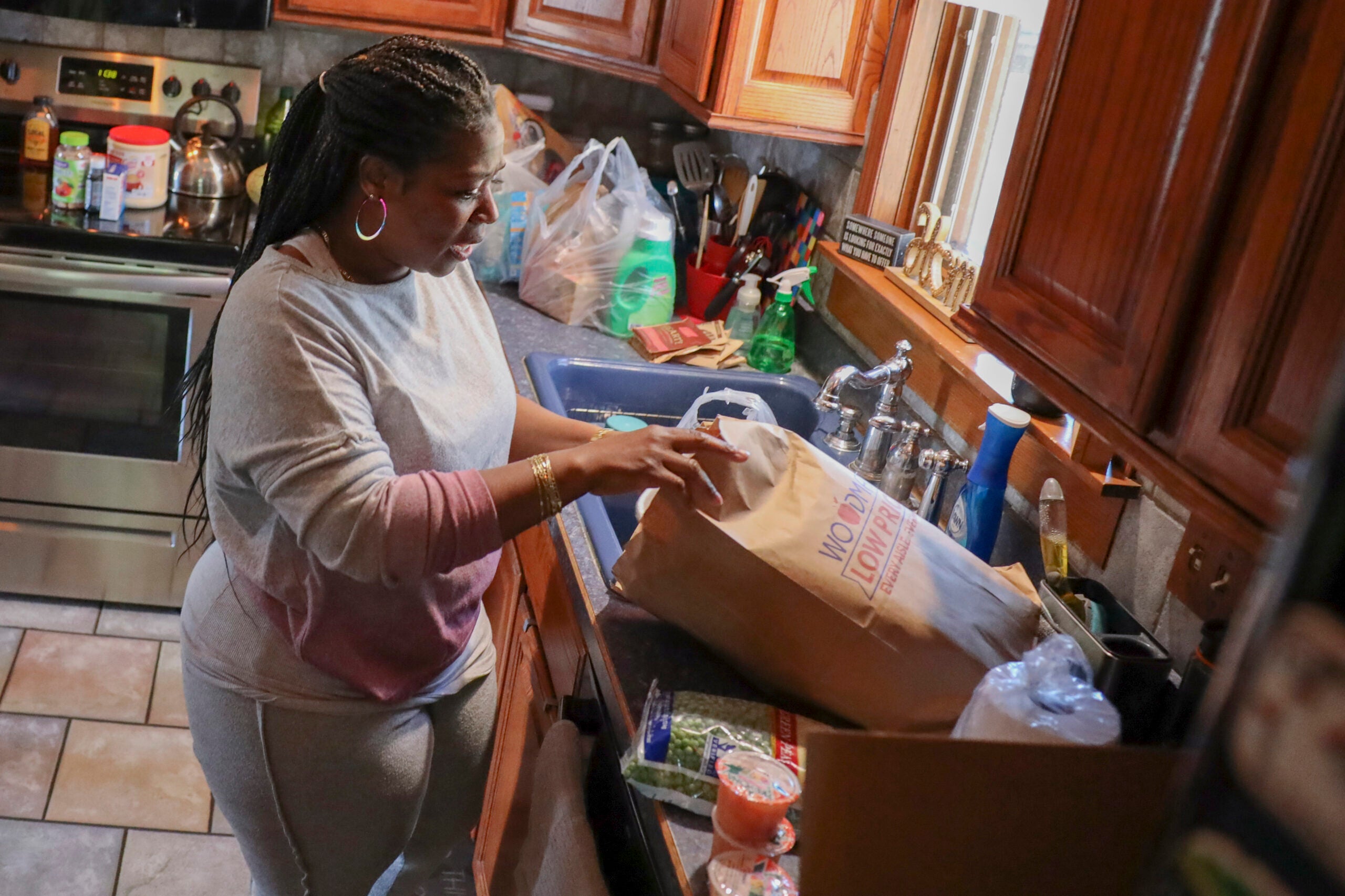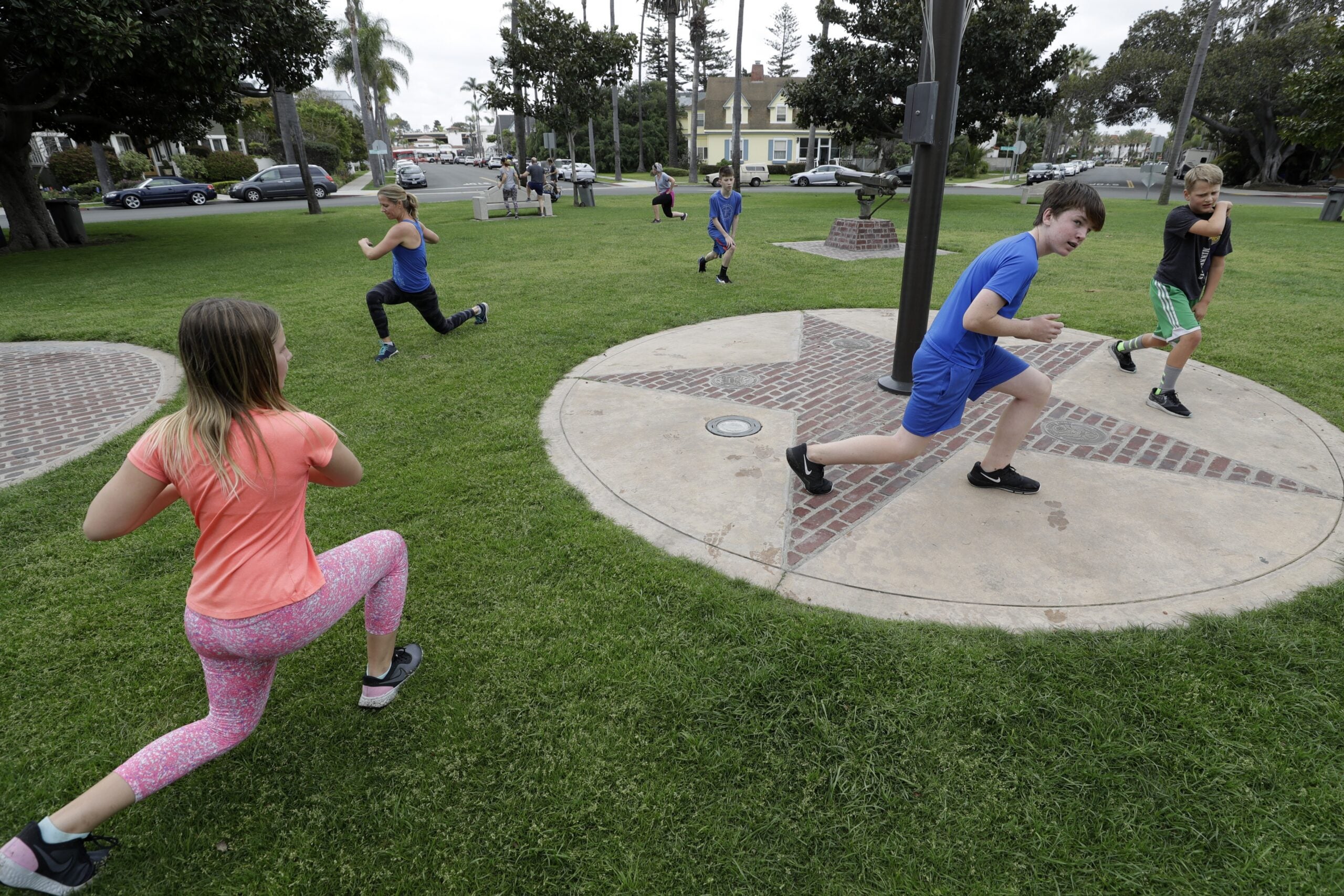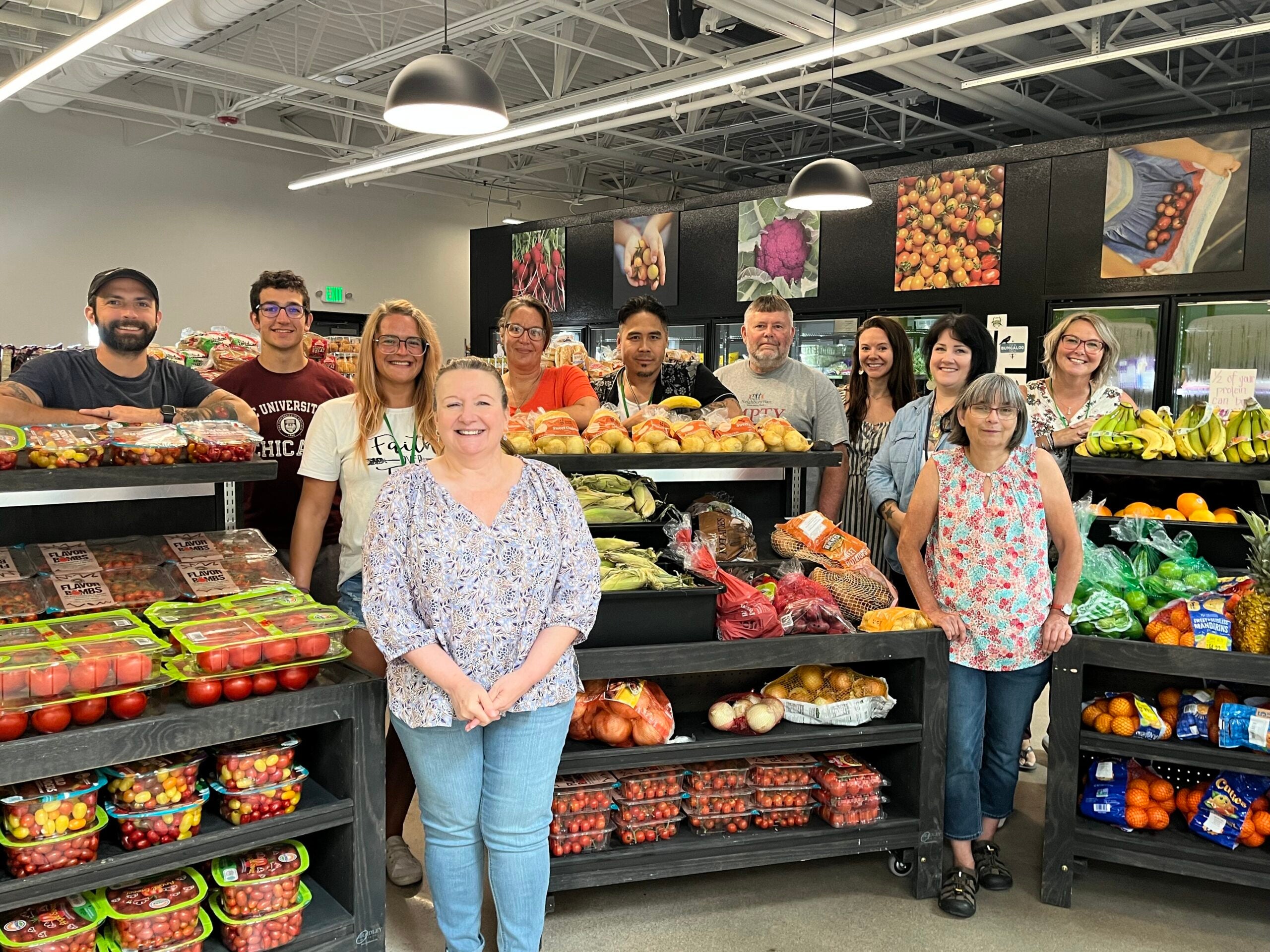A task force of public health experts, anti-hunger advocates and former United States agriculture officials are suggesting ways to improve the eating habits of those on food stamps. One of the recommendations is to eliminate sugar-sweetened beverages from the list of items that can be purchased with SNAP benefits.
A report from the Bipartisan Policy Center’s Supplemental Nutrition Assistance Program Task Force calls for making diet quality the main objective of SNAP, which is known as FoodShare in Wisconsin. The report says it expects some of the proposals to be controversial. Meanwhile, a local anti-hunger advocate says the changes could lead to characterizing food as either good or bad.
“It’s really challenging to define what’s healthy. Everybody has an opinion,” said Sherrie Tussler, executive director of Hunger Task Force in Milwaukee. She was not part of the group that developed the report but supports many of its recommendations. Some of them, she says, could be costly.
Stay informed on the latest news
Sign up for WPR’s email newsletter.
“The challenge there is that there’s a Universal Product Code on everything and that’s what defines what food is,” Tussler said. “We would have to reinvent those codes to make sure people were not allowed to purchase the sugar-sweetened beverages with SNAP.”
Along with preventing the purchase of sugar-sweetened beverages under SNAP, the task force recommends strengthening incentives for purchasing fruit and vegetables.
There have been similar state efforts in Wisconsin to control what people on public assistance eat.
In 2015, the state Assembly passed a bill that would require 67 percent of SNAP benefits be used for healthy foods. The bill never made it to the Senate, in part because there were concerns about the cost of implementation and mandating what people buy.
A more recent state proposal took a different approach. It would give healthy eating discounts to food stamp recipients. It was added to one of Gov. Scott Walker’s bills during the special session on welfare programs and passed this year.
The task force also recommends authorizing the U.S. Department of Agriculture to collect and share store-level data on all SNAP purchases. It says this would provide detailed answers to public health questions while avoiding the privacy concerns of collecting data on individuals. Tussler isn’t sure she supports that, saying it could be a burden on grocers and make stores less likely to accept SNAP.
The task force report also calls for strengthening SNAP education efforts and integrating Medicaid and SNAP through pilot programs.
A letter from the task force co-chairs — former Senate Majority Leader Bill Frist, former U.S. Agriculture Secretaries Daniel Glickman and Ann Veneman — says many American citizens are not eating well, leading to high rates of obesity and chronic disease which can lead to costly medical care.
“This situation has not come about by accident: Americans’ dietary habits have been heavily influenced by the billions of dollars spent by food companies to market foods that may be more profitable but that are also, in too many instances, less healthy,” they wrote.
Editor’s Note: This story was updated to reflect the most recent state proposal is headed to Walker for his signature.
Wisconsin Public Radio, © Copyright 2024, Board of Regents of the University of Wisconsin System and Wisconsin Educational Communications Board.

